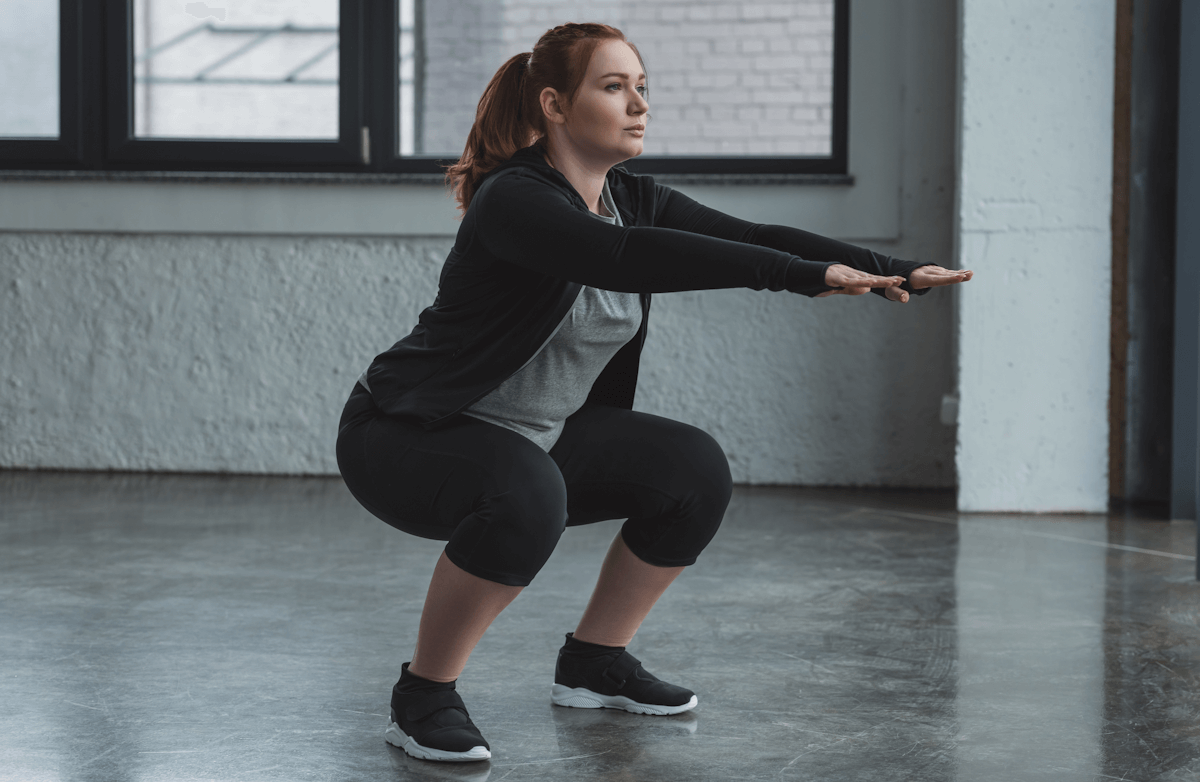|
Everywhere we turn, we’re faced with get-healthy guidelines. Exercise an hour daily! Eat tons of vegetables! Meditate! But who has the time (or money or energy) to do all this? Fortunately, it turns out that perfection is overrated and there is a way to strike a smart yet realistic balance. Here’s how. You Hear: Don’t leave home without slathering yourself in sunscreen. Good Enough: Make sure your face is covered, then assess your daytime plan. If you’re just driving to work or taking a short walk (20 minutes or less) outside where there’s some shade, it’s fine to skip the sunscreen except on your face, says Eric Schweiger, MD, a dermatologist in New York City. The skin on your face is more sensitive and exposed to more direct sunlight than other body parts. It’s also worth noting that some rays can penetrate windows and your car’s windshield, but again, those are most apt to reach only your face. When you’re heading outdoors for the day, however, all-over sunscreen is a must, says Dr. Schweiger. He recommends sunscreens with Helioplex since they last longer (you can reapply about every 4 hours instead of every 2 hours).  You Hear: You need 7 to 9 hours of sleep every night. Good Enough: If you’re alert and well-rested (without coffee), you’re doing fine. We all need different amounts of sleep, and some people really do feel rested on just 6 hours, says Alice Domar, PhD, coauthor of Live a Little! Breaking the Rules Won’t Break Your Health. However, studies show that if you’re averaging 5 hours or fewer, you may be putting yourself at greater risk for heart disease, diabetes and other problems. Not sure how much snooze time is ideal for you? On the days you’re feeling great, note how much sleep you averaged for the past three nights. Over time, this will give you a good idea of what to shoot for. And if you’re always exhausted, start going to bed 10 minutes earlier each night until you start feeling better.  You Hear: Stress will make you sick if you don’t meditate or do yoga. Good Enough: Do something—anything—that relaxes you for a few minutes every day. Yoga and meditation are both great stress relievers, but all you really need is a little daily downtime, says Birgitta Schmidt, MD, an instructor at Children’s Hospital Boston/Harvard Medical School. A recent Columbia University study found that doing just a few minutes of slow, deep breathing anywhere can reduce stress and, if practiced over time, increase longevity. Listening to soothing music, walking outside or simply finding quiet time alone have also been associated with significantly lower stress levels. If you are interested in yoga or meditation, remember that a class is just one way to go; DVDs and podcasts work just as well. More health rules you can break! Stories you might like: Do you think these rules are okay to be broken? Are there any other health rules that you think are okay to be broken? Provided Photos |
Popular Entries
More From SparkPeople
|










.jpg)



